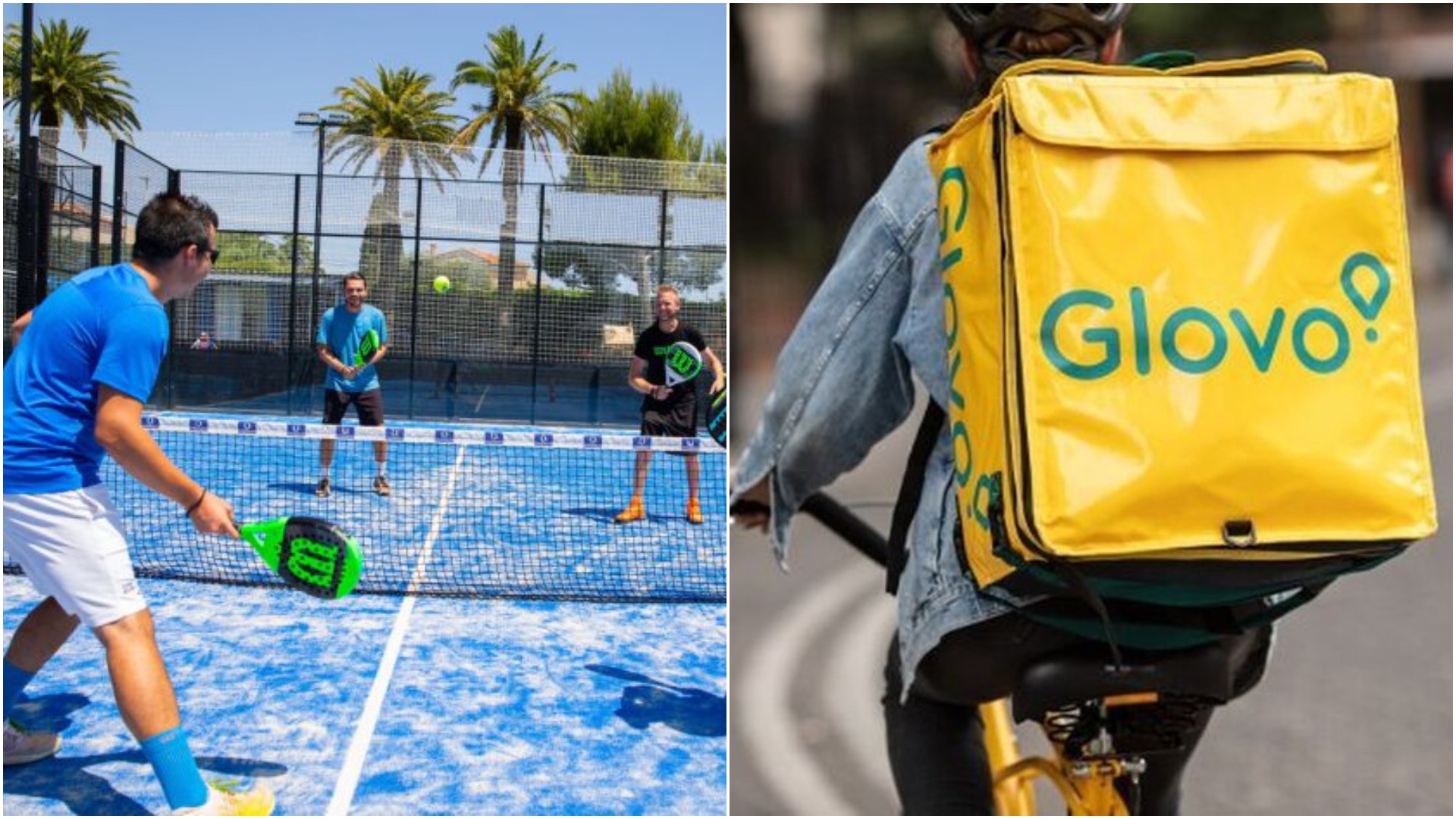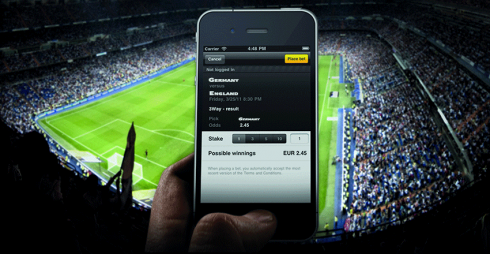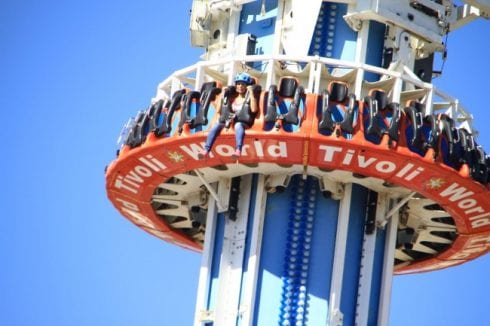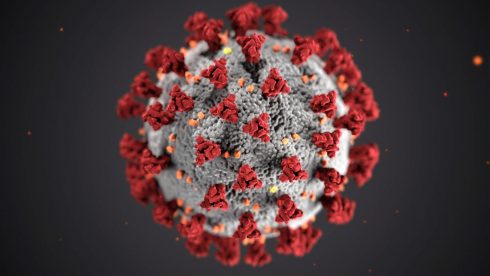MORE and more municipalities in Andalucia are crossing the threshold of 1,000 COVID-19 cases per 100,000 people.
According to the latest Junta rules, they must cease all non-essential activity, including the closure of bars and restaurants and gyms.
But as ever, there is a long list of exceptions, which have been published in the Andalucia state gazette, known as the BOJA.
See the most important exceptions below.
The shops and businesses which can remain open are:
- Shops selling food, beverages, products and essential goods.
- Health centres, services and establishments.
- Social and socio-sanitary services.
- Pharmacies.
- Veterinary centres or clinics.
- Food markets.
- Shops selling hygiene products.
- Professional and financial services.
- Newsagents, bookstores and stationery shops.
- Florists.
- Petrol stations, mechanic shops and repair services,
- Building material and hardware stores.
- Vehicle technical inspection stations (ITV).
- Tobacconists (estancos).
- Technological and telecommunications equipment shops.
- Pet food stores.
- Home delivery services.
- Dry cleaners and launderettes.
- Hairdressers.
- Market activities carried out on public roads in the open air.
- Home appliance shops.
- Car rental shops.
Restaurant and hotel exceptions
All restaurant businesses, including in hotels, must cease their activity, however they can continue to deliver food and allow for takeaways to be picked up by customers.
Last orders for home deliveries are at 10:30pm, with restaurants having to close at 11:30pm.
You cannot pick up food from an establishment after 9:30pm.
Exceptions:
a) Soup kitchens and other establishments for the delivery and distribution of food of a charitable nature.
b) Establishments in hotels and tourist accommodations, but exclusively for their clients.
c) Catering services in health, social, school and social centres.
d) Catering services in training centres and work centres.
e) Catering services and food prepared for drivers and travellers.
f) Catering with required special hours (airports, fish markets, funeral homes).
Wakes, burials and funeral ceremonies
a) Wakes may be held in all types of facilities, public or private, duly authorised, with a maximum limit of 15 people in open-air spaces or six people in closed spaces. The limit can be exceeded in the latter case if the cohabitants present consist of more than six.
b) Participation in the funeral or entourage for the burial or cremation of a deceased person is restricted to a maximum of 15 people, including relatives and close friends, as well as the minister or holy person residing.
c) Burials and funeral ceremonies can be held until 6pm.
d) Only wakes can be held after 6pm.
Civil ceremonies
a) Civil ceremonies may be held in all types of facilities, public or private, duly authorised, with a maximum capacity of 30% in indoor or outdoor spaces.
B) They may be held until 6pm.
Conventional and unconventional sports facilities (including gyms and dance academies)
a) The opening of conventional sports facilities and sports centres for physical activity is suspended, except for those that are outdoors and without contact. This means gyms are closed but outdoor tennis, padel tennis or golf clubs remain open.
b) The practice of federated sports activity is allowed, however the holding of non-federated sports training, competitions and events of any age category is temporarily suspended.
c) Officially recognised national and professional sports matches and international matches organised by FIFA, UEFA, FIBA ??and Euroleague basketball have their own protocols.
Ski resorts
a) Skiing and other snow sports are akin to non-contact outdoor sports, so they could continue their activity after 6pm, however the ski resorts close at 4:30pm.
Premises where gambling and betting activities take place
Activity is suspended in all recreational or gaming establishments.
Measures for leisure and recreation centres and for meetings in public spaces
a) Recreational or leisure centres for minors will not be authorised to open.
b) Drinking in the street or in public spaces outside of hospitality establishments, including those popularly called ‘botellones’, is prohibited.
c) The participation in any group or meeting of a private nature, or not regulated, of more than four people that takes place in public spaces, outside the hotel or similar establishments on public roads and in other places of transit, is prohibited.
d) Similar activities may not be carried out in any other type of establishment, including pool or boat parties.
Click here to read more Spain News from The Olive Press.








